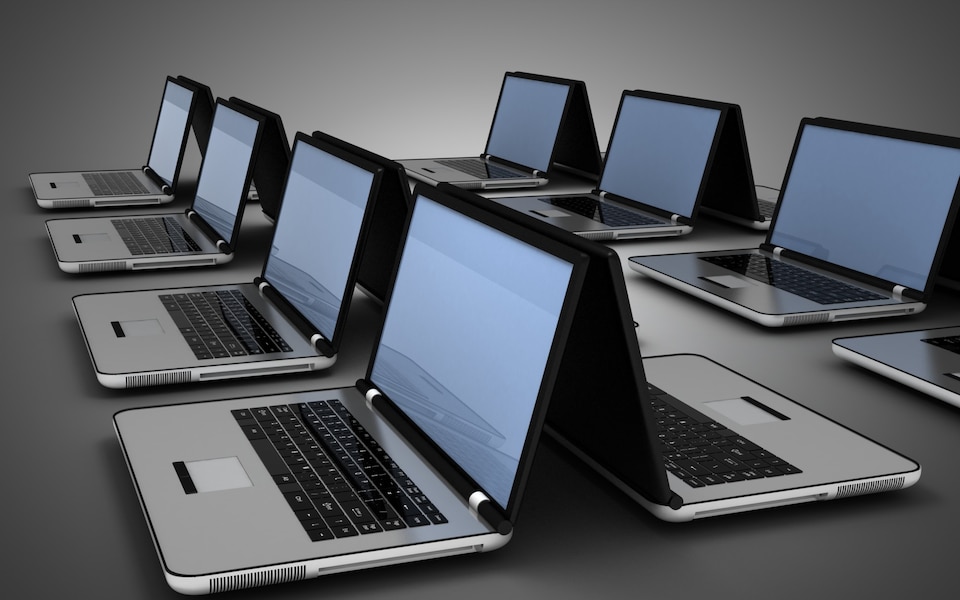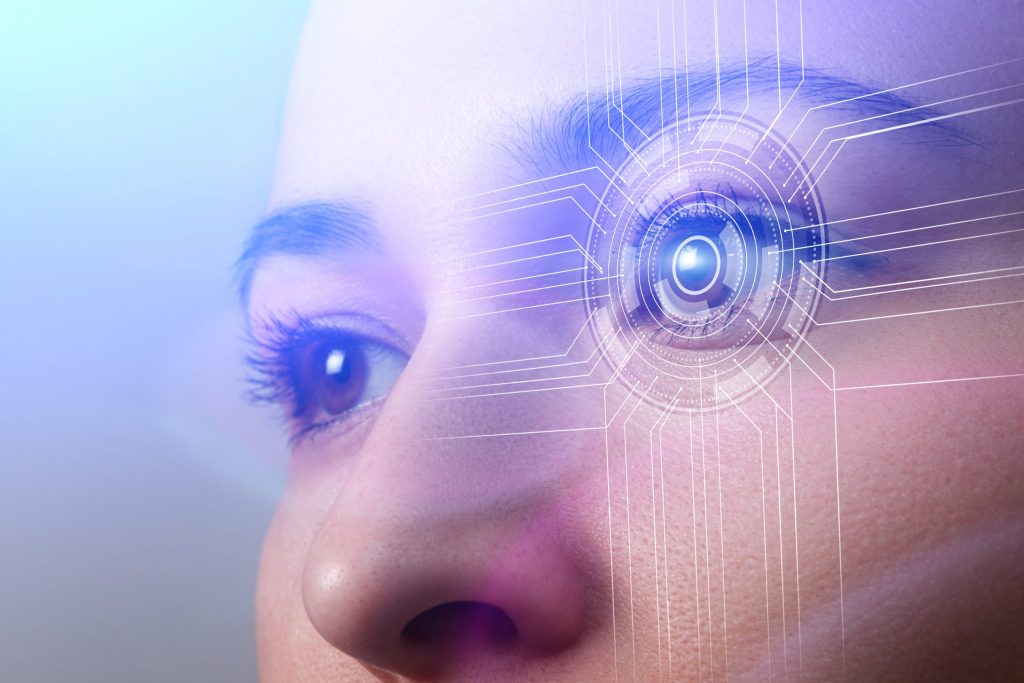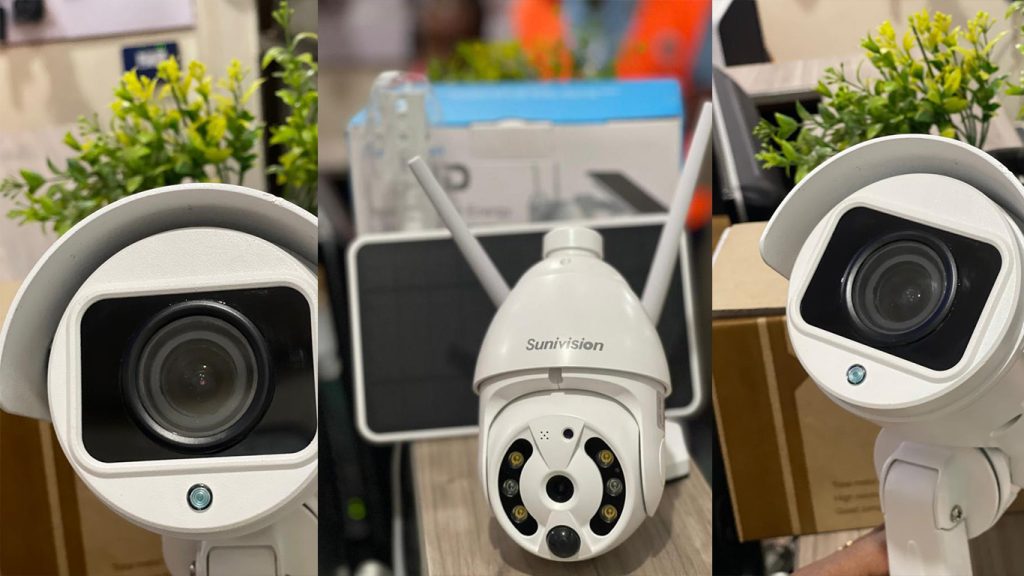In the ever-evolving landscape of the 21st century, computers have emerged as the backbone of our modern society. From personal tasks to complex industrial processes, computers have permeated every aspect of our lives, revolutionizing the way we live, work, and interact. In this blog post, we delve into the reasons why we need computers and explore the indispensable role they play in empowering humanity in the digital age.
- Enhanced Communication and Connectivity
One of the primary reasons we need computers is the unparalleled advancement in communication and connectivity they offer. The internet, made accessible through computers, has bridged geographical barriers and connected people from different corners of the world. Whether it’s staying in touch with loved ones, collaborating with colleagues, or accessing a vast pool of information, computers have transformed communication, making it instantaneous and efficient.
- Information Access and Knowledge Sharing
Computers have democratized knowledge, putting a wealth of information at our fingertips. Search engines and online databases allow us to explore various topics, making learning and research more accessible than ever before. This democratization of knowledge fosters education, empowers individuals to make informed decisions, and promotes intellectual growth across societies.
- Streamlined Productivity and Efficiency
In the realm of work and productivity, computers have been a game-changer. They facilitate streamlined processes, automate repetitive tasks, and enhance efficiency in various industries. From intricate financial calculations to managing supply chains and conducting scientific simulations, computers have optimized workflows and boosted productivity, leading to economic growth and improved quality of life.
- Advancements in Medicine and Healthcare
The impact of computers on the medical field cannot be overstated. Medical practitioners now rely on computers for diagnostics, patient record-keeping, research, and precision treatments. Imaging technologies powered by computers enable early disease detection and have revolutionized medical imaging. With the aid of computers, medical research has accelerated, leading to breakthroughs in treatments and understanding diseases.
- Entertainment and Creativity
In the realm of entertainment and creativity, computers have unleashed a world of possibilities. Digital art, music production, video editing, and game development are just a few examples of how computers have empowered individuals to express their creativity and bring their imaginative ideas to life. Additionally, computers have transformed the way we consume entertainment, providing us with a diverse array of multimedia experiences.
- E-Commerce and Online Services
The rise of e-commerce owes its success to computers. Online shopping has transformed the retail landscape, offering convenience and accessibility to consumers worldwide. Beyond e-commerce, computers have paved the way for numerous online services, such as banking, ticket booking, and telemedicine, which have significantly simplified daily life for countless people.
- Scientific Advancements and Research
Computers have become indispensable tools in scientific research, enabling complex simulations, data analysis, and modeling. Scientists leverage computing power to explore fundamental questions about the universe, climate change, genetics, and countless other fields. The integration of computers with scientific research has accelerated progress and opened up new avenues of understanding our world.
- Global Problem-Solving and Collaborations
In an interconnected world, computers have facilitated global collaborations and problem-solving. Researchers, experts, and innovators from different countries can now collaborate on projects, share knowledge, and collectively address global challenges such as climate change, pandemics, and poverty. Computers serve as a virtual bridge that brings together minds from diverse backgrounds to find solutions for a better future.


